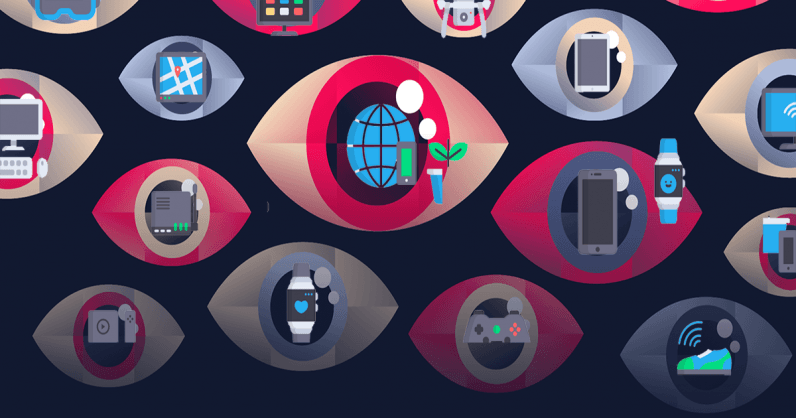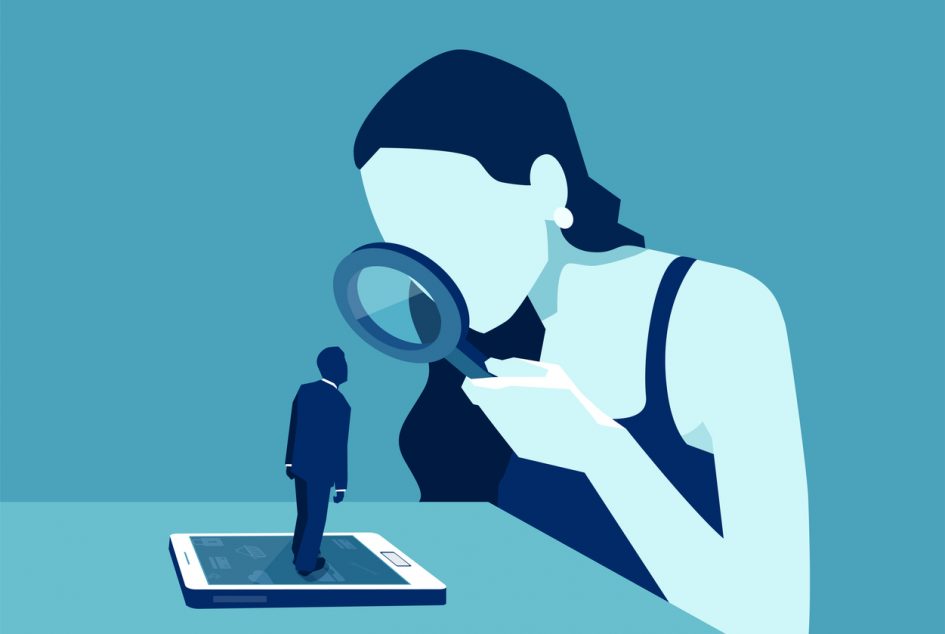With the ever-increasing use of technology in our daily lives, there is growing concern about the security of one’s personal data. The tech companies store the personal data of its users, and that data can range from one’s date of birth to one’s banking details. Many of the websites and mobile applications do not even disclose that they may be collecting user’s data. The personal data that users give away for free is transformed into a precious commodity (Matsakis, 2019).
Personal data of a user is collected in numerous ways. When a person signs up for an online service, the person is taken to a sign-up page and there they may fill the information that they would like to share. In this case the person is willingly sharing his information and it is scored in the service provider’s database as a security. What many people may not be aware of is that, this is not the only way companies collect and store data. The tech companies are collecting and storing data of your search history, they are reading the contents of your emails, contents of chats, the person’s location history, the way the person uses his mobile phone or a computer, the interests of a person, where the person likes to shop, and which place the person goes often, and much more. And this all information is very precious for large businesses as they try to learn the consumer habits and develop products and services based on consumer requirements, or even promote their own products by showing ads based on person’s recent search history. The information may not be collected by the same company who is using it but instead the information may be collected by data brokers who buy and sell the personal data to companies. Most of the users are not aware about what personal information the tech companies may be having, the tech giants like Facebook and Google know almost everything about its users and they can dig out all the information they may need. These platforms often share its user’s information with their advertising partners. Often mobile applications and websites ask the users to give them access to their information and there is no way to decline them access, otherwise we may not be able to use to those applications, but apart from that information, they store the background informations and activities as well about which they never ask permission.
There are some ways by which the personal data can be protected. These can be as simple as pausing location history or uninstalling the apps which may no longer be useful and deleting the online accounts that are not useful. But these are all the measures which the computer or mobile applications or websites allow us to take to protect our privacy, but the data they are collecting in the background, we do not have any other way than asking government to make strict privacy protection laws, and to limit what information they can store and share with other companies and data brokers.
The data that the companies store is sometimes helpful to make our lives better and gives us a good overall experience using the latest technologies, like voice recognition technologies, face recognition etc. But at the same time, we need to be careful that out personal data does not get misused.

References:
Matsakis, L. (2019). The WIRED Guide to Your Personal Data (and Who Is Using It). Retrieved from https://www.wired.com/story/wired-guide-personal-data-collection/

November 9, 2019 at 4:18 am
Me again.
I just shared your Wired story on my Facebook post. It’s one of the best written, most informed assessments of info mgmt I’ve read to date.
Thank you, Mohammed, for making this learning available. It’s valuable.
Kate
November 10, 2019 at 1:44 pm
Thanks a lot Kate for your positive feedback.